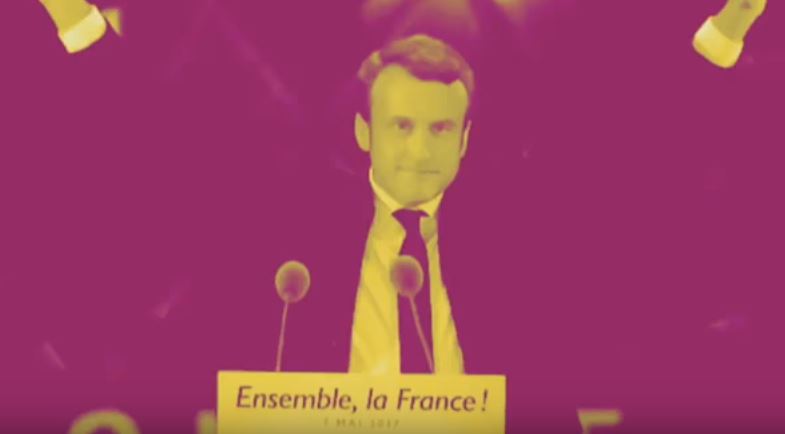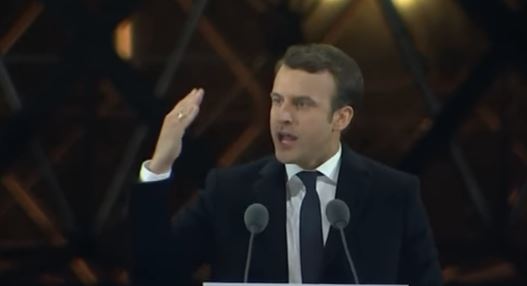
Emmanuel Macron, a civil servant who turned out to be a tycoon investment banker and in due course a government minister is here and now the youngest President of France, officially the French Republic.
The founder of the political movement “En Marche!”, Macron, 39, is a centrist who not once stood for elections in the past, did not have the support of any established political party.
Not at all surprise, Macron was criticised by political opponents as unproven and inexperienced, having served only as Economy minister as his most senior role for just 2 years.
Macron has ability to present himself as anti-establishment to those dissatisfied by the irritable environment of French politics.
Macron is determinedly pro-European; and defends the syndicate’s Single Market. He has shaped himself as a progressive maverick who is “neither Left nor right”, economically open-minded, then again left-wing on social concerns, including on the religious freedom, equality and immigration.

Macron puts the problem of unemployment as one of his top priorities, which President Francois Hollande failed to resolve.
Macron further wants to cut 120,000 Public sector jobs, cut public spending by €60 billion.
His plans consist of reshaping the French political system, lowering labour laws, boosting social mobility, and establishing Eurozone government.
Macron has also revealed a series of business-friendly actions planned to strengthen the French economy and is vocal in the fight against fear.
He has publicized ideas to hike defence expenditure, appoint 10,000 additional police officers and build a task force which would work around the clock to fight Islamic State.
Macron manifesto highlights education as a topmost priority.
On broader Foreign Policy, Macron has struck a diplomatic tone, hopeful to pursue productive dialogue with US President Donald J. Trump and to work with Russia, Turkey, Iran and SAudi Arabia in the direction of lasting political solutions in Syria and elsewhere.


































































































